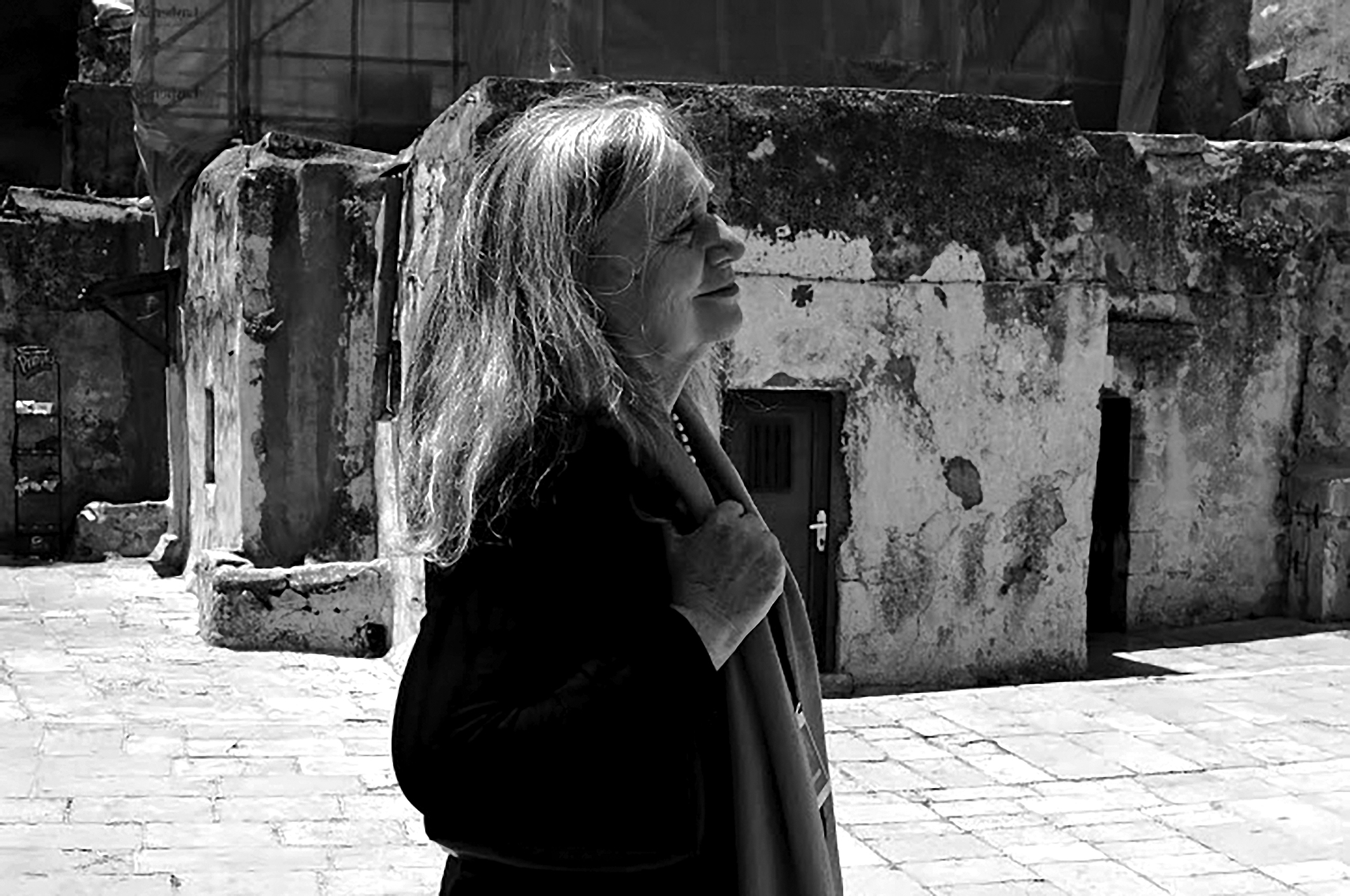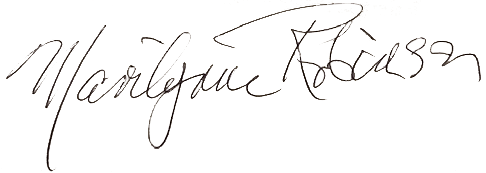

Marilynne Robinson gave the following remarks on receiving the University of Washington’s Alumna Summa Laude Dignata Award on June 8, 2023. Learn more about Robinson in this feature story from the June 2023 issue of UW Magazine.
I came to the University of Washington after college because I wanted to return to the Northwest, where my family had lived for generations. I knew that the University was beautiful and formidable. These things are only truer now, of course, consistent with the development of these great city-states, American public universities. So much love and wealth and thought and pride and generosity and aspiration have been invested in schools since Americans began to be serious about education, beginning in the later 17th century. We think of ourselves as inclined to exaggerate our achievements, but in fact we are just as liable to undervalue them, and to leave them vulnerable to ill-considered abuse or attack. American education, including higher education, is enduring this now.
At every level there is pressure to change it away from its traditional emphasis on the humanities and toward science, technology and related fields, all of these certainly fruitful and interesting in their own right. But we as a people, often carried along in the miasmas of consensus, are prone to alarm. To act on the basis of urgencies that may not have much basis in reality. We can be persuaded that anything we do doesn’t work, or won’t in some projected future that has more reality in the national consciousness than where we actually are or how we got here.
I am so old that I can remember when the future was considered a positive thing. We looked forward to it. But now we use it to scare ourselves. We have to compete! Who is our competitor? And what are we competing for? The fullest fulfillment of life, liberty and happiness. How are we doing on those fronts? Science and math can accomplish miracles, within limits. There are things we really cannot ask of them. In any case, our traditional education, which can be described as distinctively long and broad and humanities-centered, has flourished among us while we developed the richest and most complex economy in the history of the human species. These are good grounds for saying it has not held us back. It might justify the tentative conclusion that it works, even by the standards of those who want to ransack this central heritage in the name of economics. To look at the matter from another side—is it really consistent with the dignity of a great democracy to tremble at the thought that some other country or region might come abreast of us? Do we really feel that our share in the riches and resources of the world should be even larger?
Science and technology have outrun their own capabilities, even their own comprehension. Surely this might raise questions about the need for yet more science and technology.
This excitement about competitiveness, which has some qualities of a war effort, a national cause, is really about competition among people who do certain kinds of work, which is well-paid now and will be less so as competent workers become available in greater numbers—economics 101. The threats and promises offered to these recruits involve no higher dream than avoiding unemployment. This again invokes that fearful future, so rigorous in its demands, though we all know we stand on the bring of change we cannot predict or control, that might abruptly make any human skill or effort redundant.
Artificial intelligence. Can it write novels? Certainly. What can’t it do? This is yet to be determined. We seem to have created the competitor of our nightmares—vastly cheaper and faster, always upgrading its skills and obsessively task oriented.
So, science and technology have outrun their own capabilities, even their own comprehension. Surely this might raise questions about the need for yet more science and technology. The worst that can be said about the humanities is that they give people license to stop and think. This might be our great and saving difference from what we have conjured, utility made monstrous, efficiency taking every skill out of our hands. Surely this is a good time to ponder the meaning of human life, the meaning of meaning. As always, the poets and the prophets are ready to help.
To speak again for a moment in crudely economic terms, generations of Americans, to any of whom our wealth would seem fantastical, have poured inestimable riches into institutions like this one. You have some very fine examples of what is called American college Gothic, a kind of architecture that is completely anomalous and meant to be. It marks out a college as a grand and different place, a place apart where history, thought and art matter, ideally even wisdom matters. This is not differentiation from the world beyond campus, but the very effective expression of certain of the best impulses and aspirations of that world. Many generations have given us a wonderful heritage, continuously richer, and brilliantly accessible to change, like the great libraries that are at the heart of all of them.
People who are uniquely positioned to know are telling Congress that artificial intelligence is potentially as destructive as nuclear weapons. We all know that, wherever it is, in brooding over the mass of language we produce it has become deceptive, jaded and contemptuous. Of course the slightest apparent deviation from a supposed norm is never seen by Americans as the turbulence to be expected in a complex system. It is instead the opening of an abyss, a steep slide into that bad future. Panic has become the language of public discourse, a habit among us now, and the impulse behind some very regrettable choices. If panic is sometimes appropriate, it is never useful. Where do we go to steady ourselves against this new threat? Where do we go to discover an essential humanity, the thing to be saved that might save us? Right here, on campus, you have a beautiful reading room.

The UW Alumni Book Club is reading “Gilead” by Marilynne Robinson. The reading period is Oct. 13 through Dec, 15, 2023. Learn more and join the club for discussion.